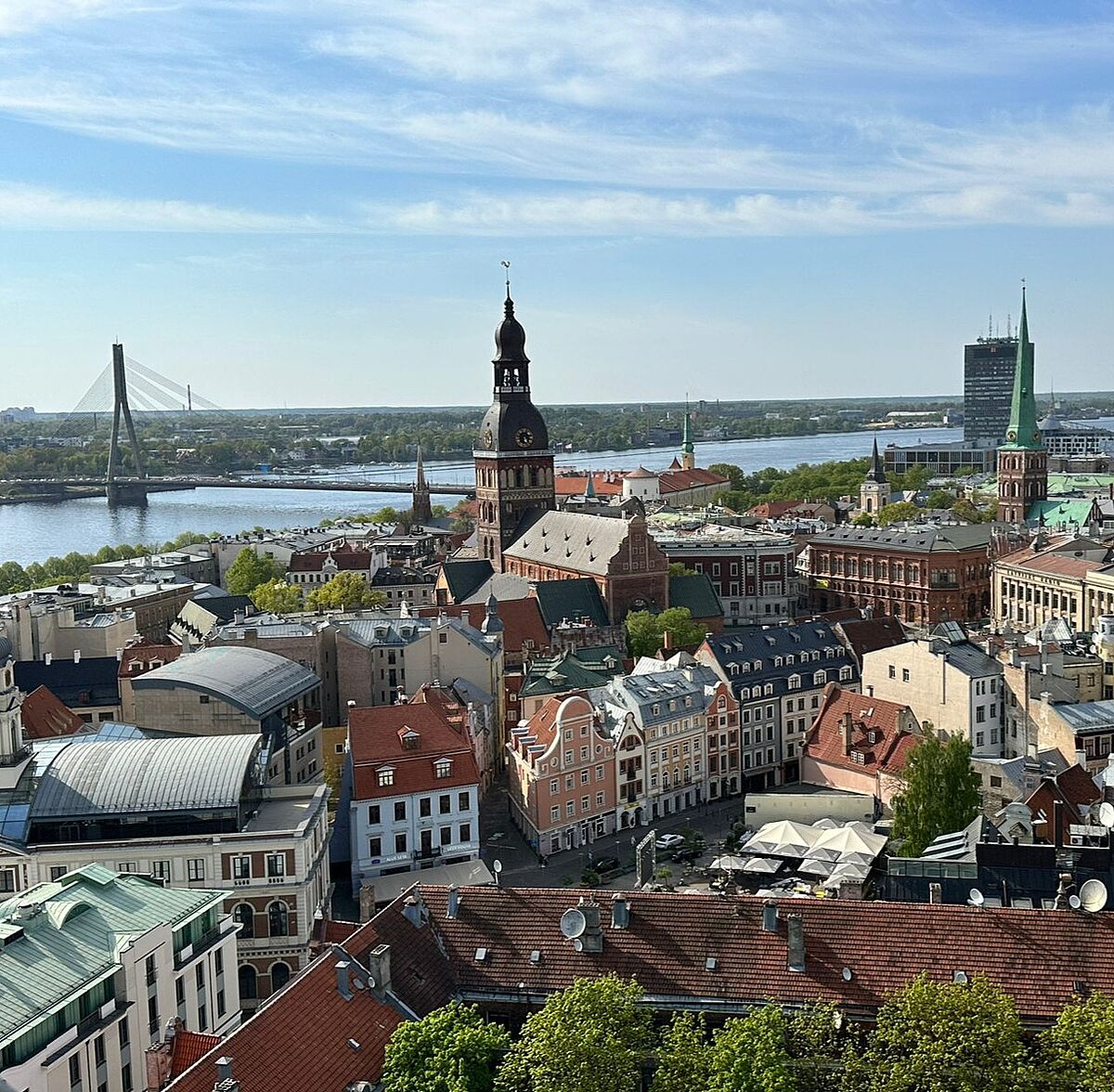
The Department of Latvian and Baltic Studies of the Faculty of Humanities of the University of Latvia is pleased to announce the 10th international conference on Grammar and Corpora (G&C), which will be held on-site at the University of Latvia (House of Science, Jelgavas Street 3, Riga) from Thursday, 26 June 2025, to Saturday, 28 June 2025.
The conference continues the series of “Grammar and Corpora” conferences, which began in Prague, at Charles University, in 2005. Subsequently, G&C conferences have been held at various locations and universities: in Liblice (2007), Prague (2012), Warszaw (2014), Mannheim (2009, 2016), Paris (2018), Kraków (2020) and Ghent (2022). The 2025 “Grammar and Corpora” conference in Riga, at the University of Latvia, seeks to provide a forum for exchange of novel and creative ideas between researchers interested in studying various aspects of grammar and its interfaces, in the broadest sense, using different types of corpora and corpus-linguistic approaches, methods and techniques.
We welcome submissions that contribute to our theoretical and practical understanding and knowledge of the structure, patterns and regularities of the grammatical system of natural languages using corpora and corpus-linguistic methods in the description and theoretical analysis of individual languages, language varieties and language contacts. Although our special focus is on the Baltic languages (Latvian and Lithuanian), submissions are equally welcome for Germanic languages, including English, Romance, Finno-Ugric, Slavic and other languages.
Relevant topics and areas of interest include, but are not limited to:
- the use of corpora in the analysis of grammatical patterns (incl. inflectional and derivational morphology, syntax and phonetics) in individual languages and language varieties, as well as from contrastive, typological and cognitive perspectives;
- exploring the relationship between discourse and grammar using different types of corpora;
- grammar–semantics interface in corpus analysis;
- derivational morphology, creativity and corpora;
- application and development of tools, methods and techniques for grammar-related analysis of corpus data;
- the relative characteristics (and combinations) of different types of corpora in the study of various aspects of grammar;
- statistical and quantitative methods in studying synchronic and diachronic phenomena in grammar;
- the use of corpus-linguistic methods in historical linguistics;
- language change, its representation and analysis in different types of corpora.
The conference is held on-site, and the conference language is English. The deadline for submissions is 30 December 2024. More info see https://gcc.lu.lv/en/
The conference is organized under the auspices of the Latvian Research Council’s project “Database of Latvian Morphemes and Derivational Models (DLMDM)” (No. lzp-2022/1-0013).

 CONFERENCE
CONFERENCE